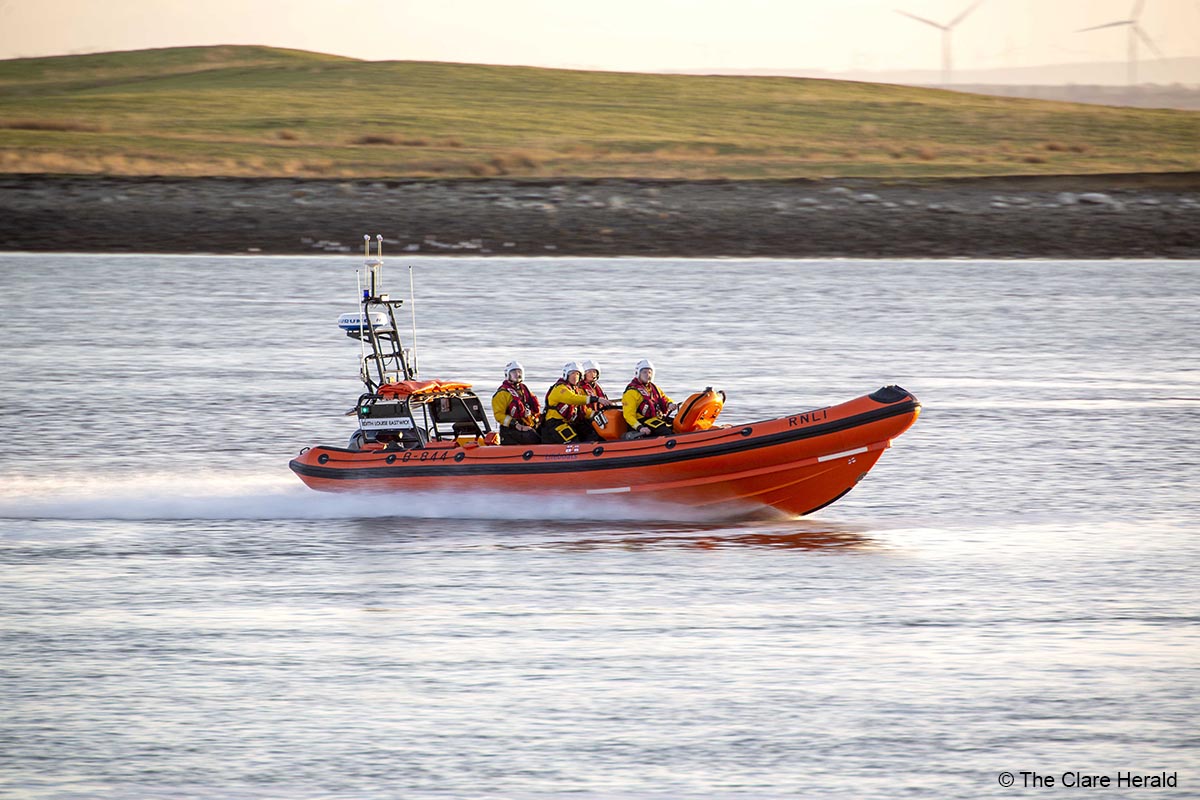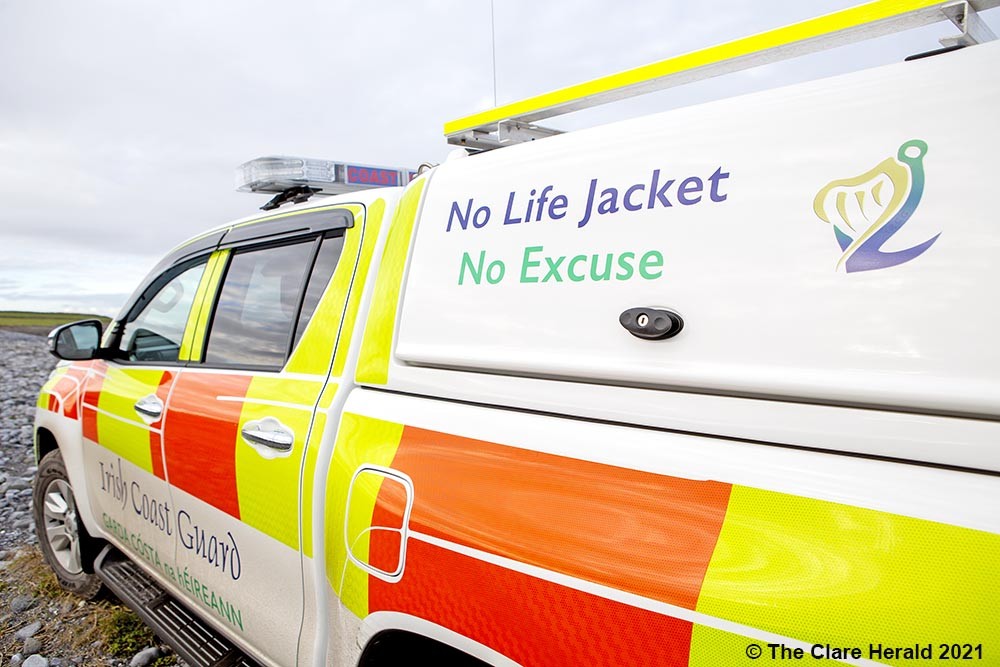The Irish Coast Guard, Water Safety Ireland and the RNLI have issued advice to help keep people safe at Ireland’s waterways over the June bank holiday weekend.
Water based activities increase at this time of year, as do the number of incidents in which people get into difficulty. Minimize the risks with the following advice for a safe enjoyable bank holiday weekend.
How to enjoy water-based activities safely:
Check the forecast for your local area, including tide times and sea conditions for coastal activities.
Always carry a means of calling for help and keep it within reach.
Water temperatures are still cold. Acclimatise by getting in slowly, swim within your depth and avoid staying in the water for extended periods. Swimmers should be aware of rip currents and if caught in one should swim parallel to shore and then back to land.
Swim with others, never alone, in recognised, traditionally safe bathing areas. Lifeguarded waterways are listed at https://watersafety.ie/lifeguards/.
Supervise children at all times near water and never use inflatable toys in open water as currents and breezes can cause persons to be swept out to sea, endangering those onboard or others trying to assist.
If you find yourself struggling in the water unexpectedly remember Float to Live. The best way to float is to tilt your head back with your ears submerged. Try to relax and breathe normally. You can gently move your hands to help you stay afloat if you need to. Spread your arms and legs out to improve stability. Once your breathing is under control, call for help or swim to safety.

Stranding is a risk when low tides expose areas of the coastline for walkers to explore sandbanks. Watch out for incoming tides, local signage, and always carry a fully charged mobile phone.
Wear a Personal Flotation Device when paddleboarding, kayaking or boating, or when angling from shore.
Avoid alcohol as it impairs judgment, balance and coordination – all essential for swimming and boating and avoiding hazards in the water.
If you see somebody in trouble on the water or along the coast or if you suspect that they are in trouble, dial 112 or use Marine VHF channel 16 and ask for the Coast Guard.

